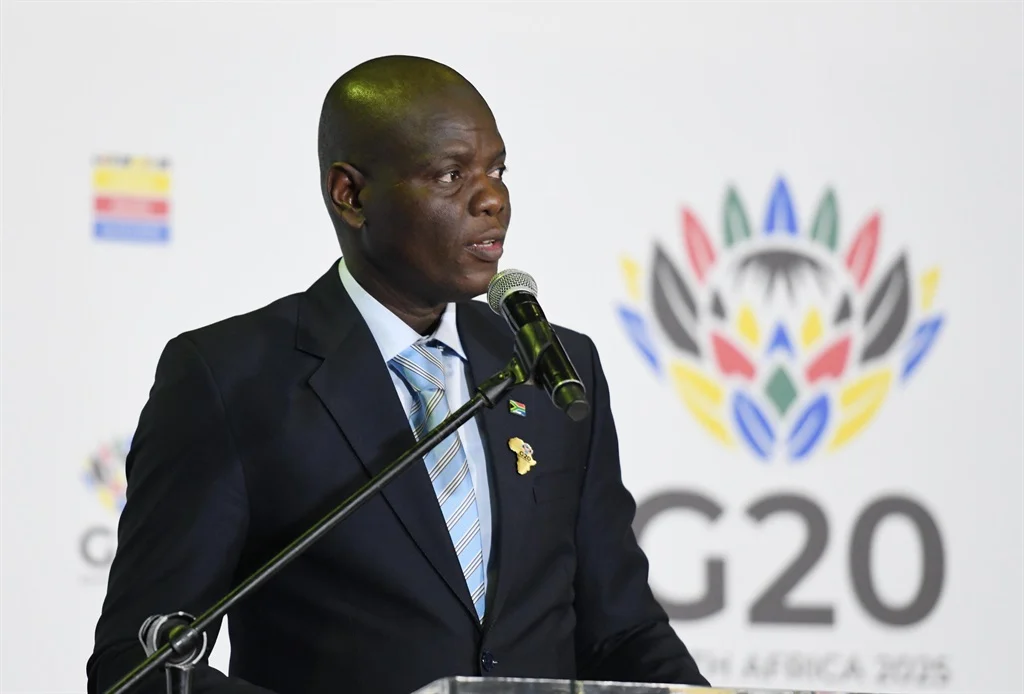Iran’s Speaker in Venezuela: Paving the Way for Enhanced Cooperation

June 2, 2025 Hour: 11:18 pm
A Strategic Visit to Cement Alliances
Mohammad Bagher Ghalibaf, Speaker of Iran’s Islamic Consultative Assembly, has embarked on an official multi-nation tour of Latin America, with Venezuela as the first stop.
Leading a high-ranking parliamentary delegation, Ghalibaf was warmly received in Caracas by president Nicolas Maduro, Venezuela’s Minister of Foreign Affairs and the president of the National Assembly.
The visit, marked by ceremonial gestures such as laying a wreath at the mausoleum of Simon Bolivar, underscores the historical and ideological solidarity between the two nations.
This solidarity is rooted in shared anti-imperialist sentiments and a commitment to South American integration, principles championed by both Bolivar and the late Venezuelan President Hugo Chavez.
The current administration views this alliance as crucial for navigating the complex geopolitical landscape and resisting what it perceives as external interference in the region’s affairs.
Strengthening Ties in the Face of Sanctions
During an exclusive interview with teleSUR, Speaker Ghalibaf addressed the robust cooperation between Iran and Venezuela, highlighting both countries’ leading roles in global energy markets and their shared struggle against unilateral coercive measures imposed by the United States and Europe.
He emphasised that the alliance between Tehran and Caracas is rooted in common values: independence, justice, and the pursuit of freedom.
He further noted that these shared principles have enabled both nations to resist external pressures and assert their sovereignty on the global stage.
“The relationship between Iran and Venezuela stems from the beliefs of our peoples, our leaders, our governments, and our parliaments. We have many points in common,” Ghalibaf stated.
He pointed out the historic parallels between the Iranian Revolution and Venezuela’s Bolivarian Revolution, both of which were born from the struggle against arrogance and colonialism.
“Our leaders are very close, and undoubtedly, Commander Chavez played a significant role in this relationship.”
Economic and Political Synergy
Ghalibaf detailed the depth of bilateral relations, which span economic, political, cultural, and environmental fields, as well as tourism.
He highlighted the importance of parliamentary cooperation in advancing these relations, emphasizing the role of legislators in fostering mutual understanding and trust.
Furthermore, Ghalibaf addressed regional issues, reiterating the need for peaceful resolutions and diplomatic solutions to conflicts, emphasizing the shared interest in maintaining stability and security in the region.
He underlined the importance of the private sector in driving cooperation, noting increasing engagement between Iranian and Venezuelan businesses.
“Today, businesspeople are at the forefront of our economic war, and it is our duty to support them,” he asserted.
Despite facing severe sanctions, the Iranian Speaker noted that both countries are key OPEC members and major global energy producers.
“Even though the United States has sanctioned both countries, these measures have failed to subdue our governments or force us to our knees,” he said, adding that Iran’s strategy is to prioritise private sector expansion and technological partnerships.
The Right to Development and Nuclear Energy
Ghalibaf also addressed Iran’s nuclear energy ambitions, challenging criticism from Western authorities. “We are a major oil exporter, but we also need to develop our nuclear industry,” he stated.
He defended Iran’s right to nuclear enrichment under international norms and inspections, drawing attention to the United States’ own reliance on nuclear energy as a valid precedent.
However, he also stressed the importance of transparency and cooperation with international monitoring bodies to ensure that Iran’s nuclear program remains strictly peaceful.
He reiterated Iran’s commitment to the Non-Proliferation Treaty (NPT) and emphasized that nuclear weapons have no place in Iran’s defense doctrine.
He accused the West of hypocrisy, pointing out that many countries, including those critical of Iran, possess nuclear arsenals while simultaneously denying Iran the right to peaceful nuclear technology.
The Iranian official warned against any attempts to derail Iran’s nuclear program through sanctions or military threats, stating that such actions would be counterproductive and only exacerbate tensions in the region.
He called for a return to diplomacy and dialogue based on mutual respect and understanding.
A Vision for Latin America
Ghalibaf highlighted Latin America’s distinctive integration, pursuit of justice, and desire for independence.
“The peoples of this region share a remarkable spirit, regardless of political changes. It is a great honour for Latin America, and they owe this to great liberators like Simón Bolívar,” he remarked.
A Partnership Built on Resilience
The visit by Iran’s parliamentary leader to Venezuela signals a deepening of strategic ties between the two nations, grounded in shared ideals and a commitment to mutual support despite external pressures.
As both countries face ongoing economic sanctions, their partnership demonstrates a model of resilience and cooperation that may inspire other nations seeking to preserve their sovereignty and pursue independent development.
Looking ahead, Ghalibaf’s tour to Cuba and Brazil aims to further consolidate Iran’s diplomatic and economic outreach in Latin America, with the private sector expected to play a leading role in new ventures.
Author: Manuel F. Diaz
Source: teleSUR




